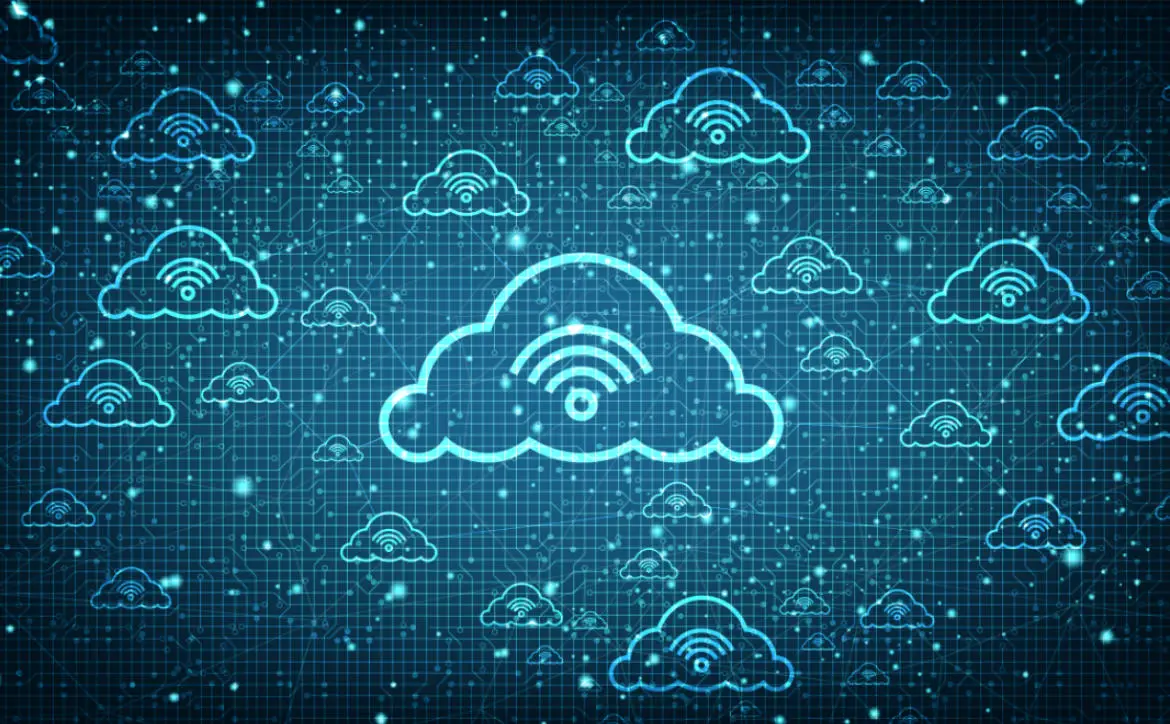Internet privacy laws in the European Union – known as the General Data Protection Regulation or GDPR – are the strictest in the world. Still, the US could soon see something similar, especially after the state of Virginia passed its Consumer Data Protection Act (“CDPA”) in March 2021. Virginia’s CDPA – which goes into effect on January 1, 2023 – is the second comprehensive consumer data privacy law in the United States. Some predict it’s only a matter of time before every state has some form of CDPA law.
Estimated reading time: 0 minutes
Compliance with such laws can pose challenges to some businesses. In short, the laws in effect or coming into effect generally require a user’s consent or so-called “data subject” for any use or processing of their personal information. Should a data breach occur, the laws require that the individuals affected and an oversight board be informed within a short period.
The right to be informed, the right to data rectification, the right to access, and the right to data erasure are all becoming enshrined in various legal codes. But with new and ever-evolving forms of malware and ransomware plaguing the internet, the best way to protect your data – as well as that of any employees or customers – is by making sure any wireless access point or Wi-Fi router is secured.

Make Sure You’re Not Still Using a ‘Default Administrator Password
It’s sometimes overlooked, but Wi-Fi security is a cornerstone of web security in general. All devices connected to a wireless environment can be accessed by anyone with any device in the range of a router or wireless signal unless the Wi-Fi network is secured.
You’ve probably had the experience of being in a new location and turning on your Wi-Fi to discover that one of the neighbors has left their account unsecured. Luckily for them, you weren’t a cybercriminal. Had you been a so-called “Man-in-the-Middle,” you could have intercepted the neighbor’s web traffic and used that data for some ill purpose. Completely open networks are generally rare.
More commonly, however, is a Wi-Fi network device that’s still using the default administrator password. The idea behind having a default password is to speed up the setup of new networks and devices, but it’s not very difficult to search online and find these default passwords from device manufacturers.
You will want to change any default password to something more complex and secure at home or the office. Passwords should be changed regularly, and there are a lot of good suggestions available for how to use password phrases that are not memorable only to you.
A guide from Buffalo University offered an excellent example of a memorable passphrase that is then turned into a very strong password. “E.g., the phrase ‘iced tea is great for summer becomes ‘!cedTisgr84$umm3R.'” You only have to remember the phrase and the substituted letters or symbols – relatively easy for you, but the result is a very hard-to-crack password.
So, after you’ve made sure that the password is changed to something you’ve set it to, another basic safety plan is to use MAC addresses. A MAC address is a coded number that identifies a unique device on a network. By using MAC addresses, you can restrict your Wi-Fi network access to specific devices.
This generally provides a higher level of security. However, even this tactic can be attacked by cybercriminals using modified addresses. If your network device is relatively new, it almost certainly has built-in wireless security encryption protocols that protect Wi-Fi access points or routers. Still, it’s a good idea to double-check.

Unsecured Wi-Fi Networks are Invitations for Cybercriminals
The Covid-19 pandemic resulted in tens of millions of people working from home, but many of these home Wi-Fi networks have proved highly vulnerable to attack. An employee using an open Wi-Fi network or a public Wi-Fi option for connecting to work could inadvertently aid e-criminals in leaking sensitive data, or an attacker could get into your network using a fake IP address.
So-called “IP spoofing” is an unfortunately popular way of planting malware or launching denial-of-service attacks. So-called “wardriving” is usually someone seeking a free internet connection; people driving, cycling, or just walking through a busy area with their smartphone or laptop and looking to snag a free ride. This can also be referred to as “piggybacking,” and if it’s just some dude looking for free internet, that in itself may not be a serious concern.
But if your network can be accessed by someone looking for a free internet connection, it can also be accessed by someone looking to harm. Wi-Fi security should therefore be at the top of the list of concerns for anyone who uses a network, whether at an office or at home.

Find the Right Defense for Your Home or Office Wi-Fi System
Security software is available from many firms. This software is designed explicitly for Wi-Fi security and can provide a strong defense. Or, you might consider using a virtual private network or VPN. VPNs can encrypt your internet connection by concealing your IP address.
Your data passes through the VPN server and then gets assigned an IP address that isn’t yours before it’s passed on. VPNs are like an invisibility cloak that shrouds your data as it makes the perilous journey across cyberspace. Preventive, active, and passive devices are also good commercially available devices that can provide security.
A wireless intrusion prevention system (WIPS) is an example of a preventive technology. Content-filtering devices, firewalls, and antivirus scanners are some examples of active tech, while a passive device only communicates with Wi-Fi routers when they are sought out.
These safety measures may sound like tech jargon to some, while others may view them as a hassle. However, the benefits of finding a sound security system for either a home or office network are worth the trouble. Overall, all internet users need to develop a heightened sense of security.
Is the Wi-Fi option that reads “Coffee Shop” on your phone really from the coffee shop? Or is it a rouge? Called the “evil twin,” these rouges look like a perfectly legit wireless access point. Your phone may even automatically connect as it “recognizes” the name. These are the times we live in, and the old line that says “the best defense is an offense” remains solid advice.
There is no room for laziness in today’s threat-laden digital minefield. Changing passwords, updating software, paying for a VPN – there used to be a time when one could afford to “figure that out later.” That time has passed. Not only do you not want to have valuable data stolen, but you also don’t want to end up legally responsible in the event of a leak. It’s time to beef up web security awareness, and an excellent place to start is with your Wi-Fi.
What do you think? How do you protect your data privacy? Please share your thoughts on any of the social media pages listed below. You can also comment on our MeWe page by joining the MeWe social network.
Last Updated on January 7, 2023.










